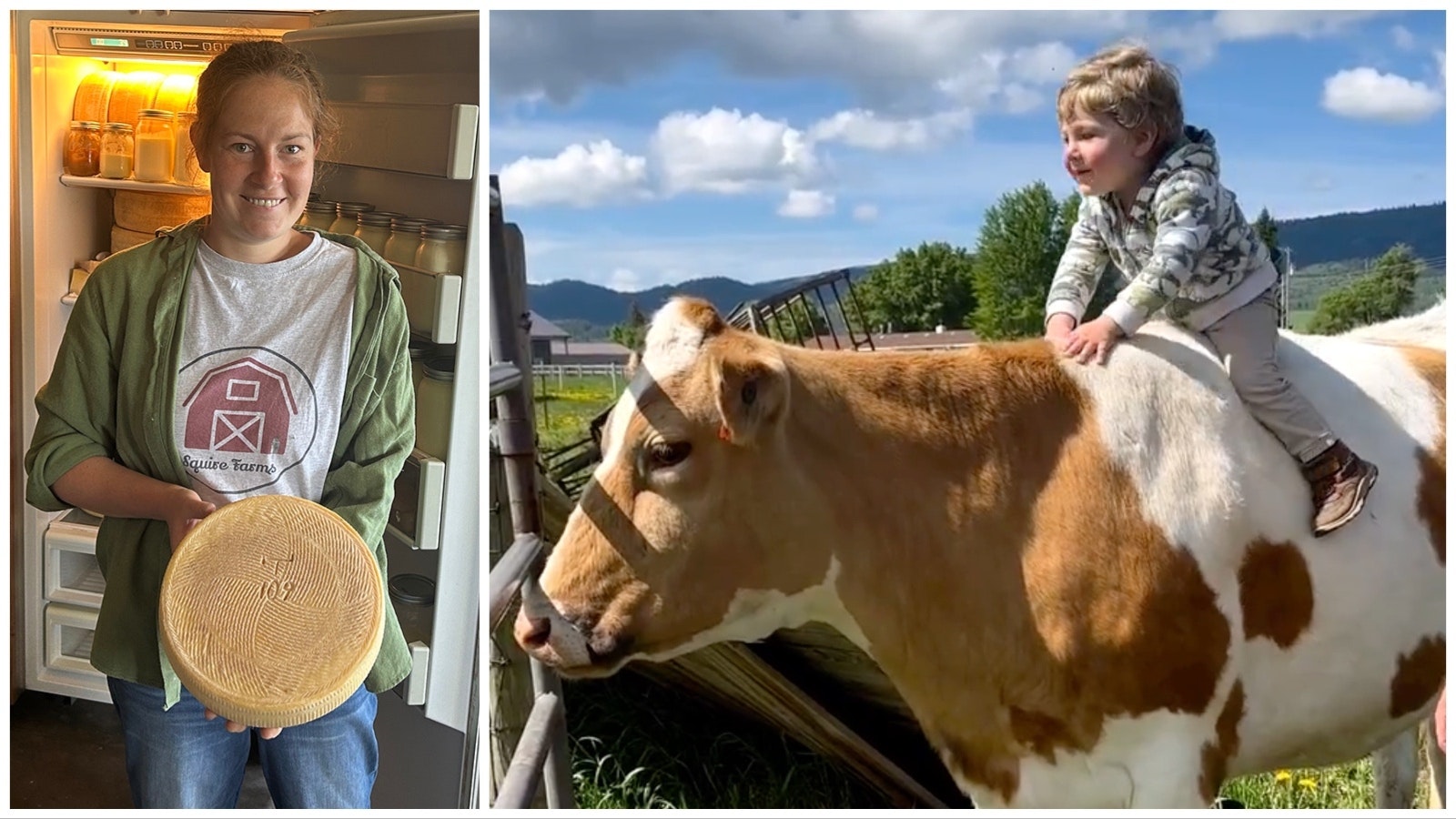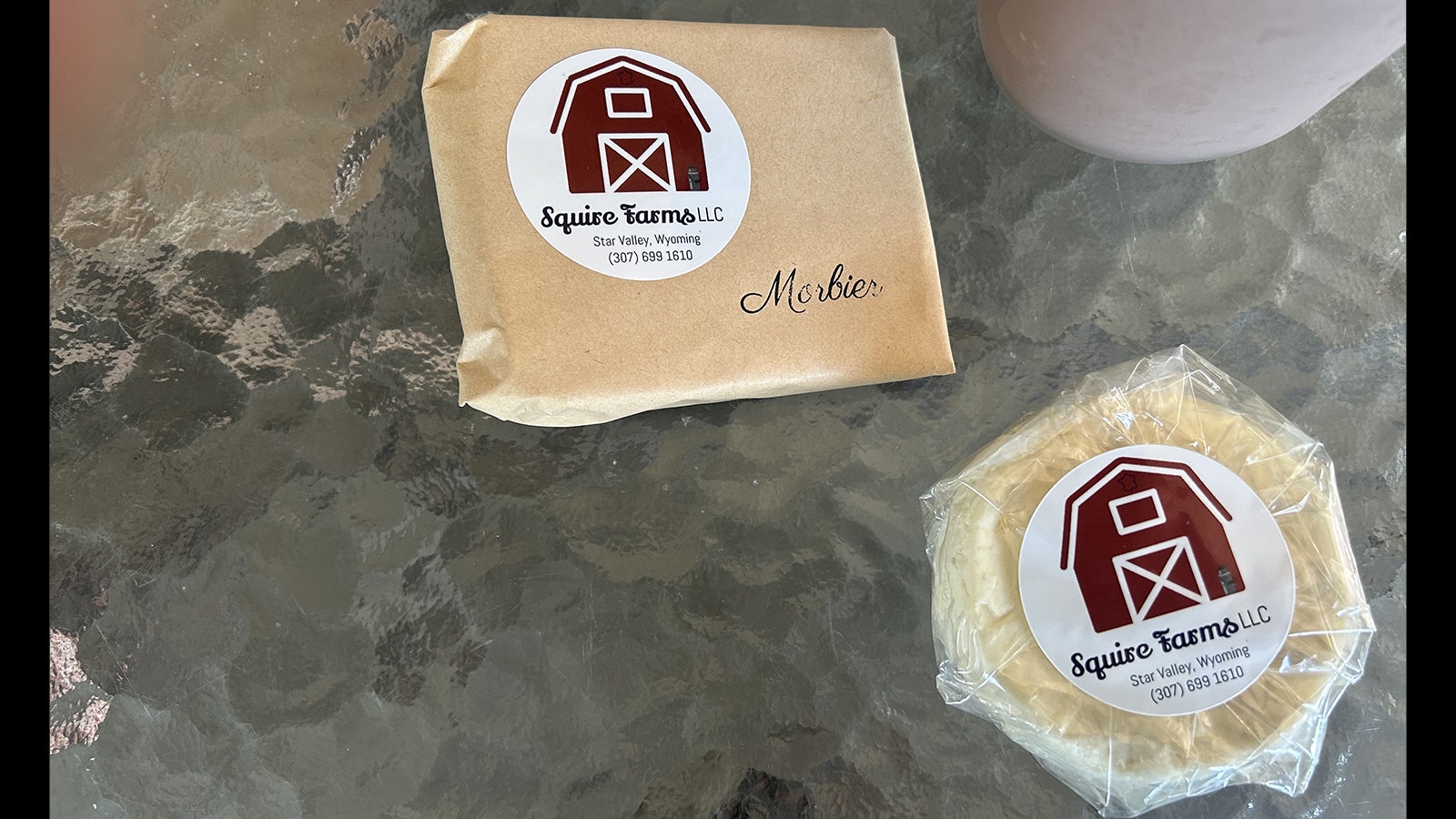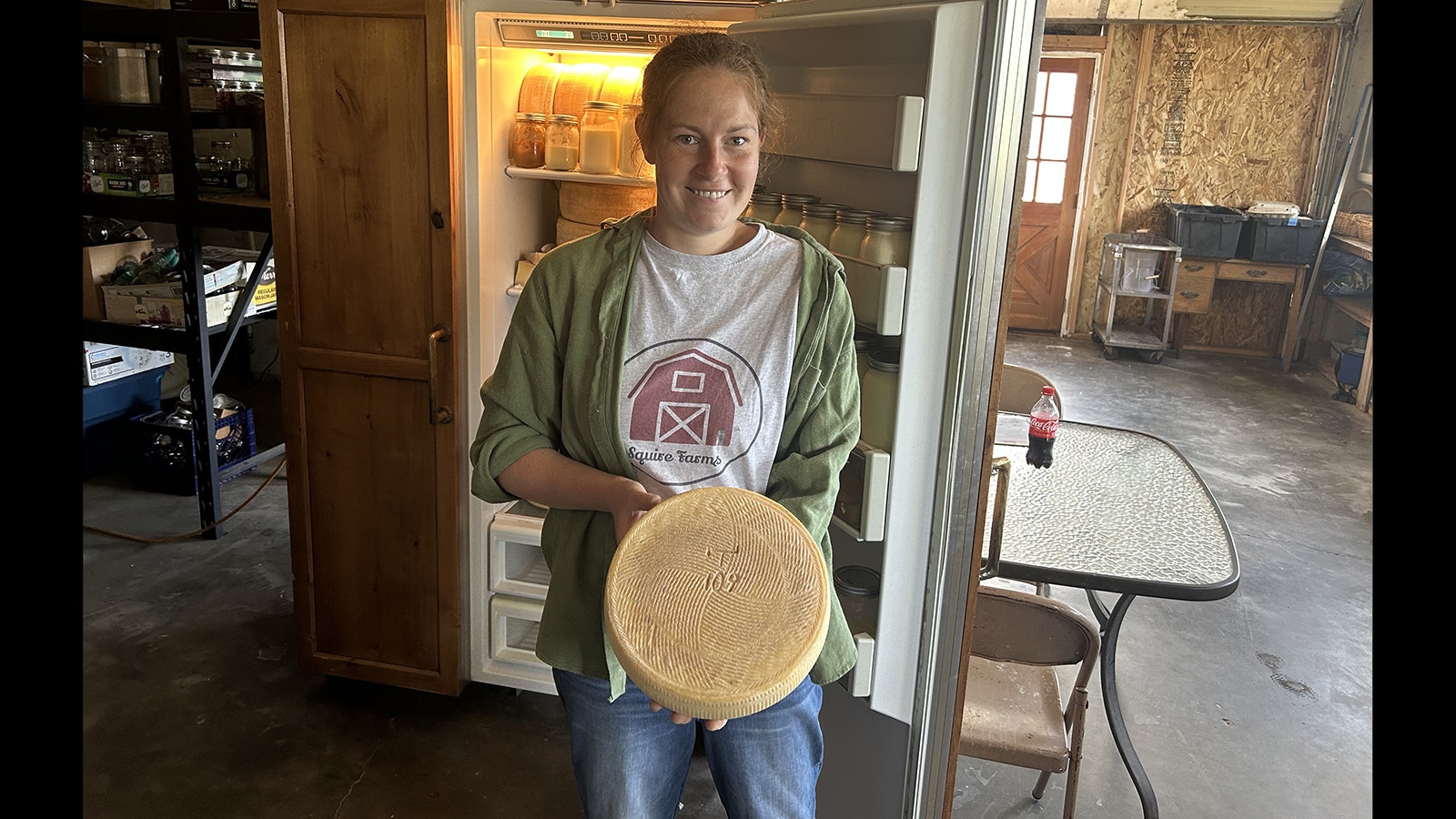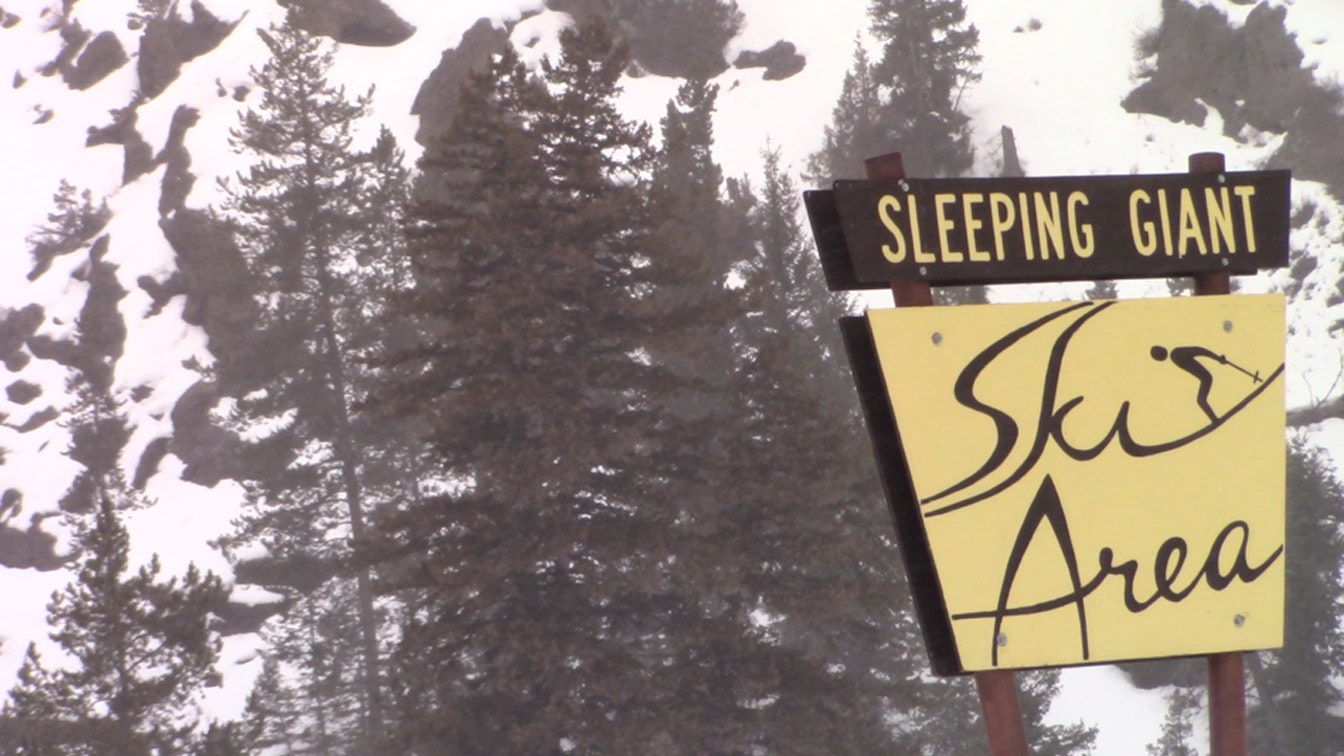SMOOT — Suzanne Mate Lecuyer, owner of Squire Farms, is an artisan cheesemaker who moved to rural Wyoming from Paris, France, to work with raw milk.
She learned to make cheese in the French Alps and says she wouldn't be here if it weren't for a unique law that gives farmers in only four states the freedom to sell raw milk and products made from it.
"I get to work exactly the same here as I would in France," she said. "This is why I moved to Wyoming. I don't have to follow any federal laws and I don't intend to work with anything except raw milk."
Wyoming's Food Freedom Act allows producers of certain homemade foods to sell their products directly to consumers without requiring certification, regulation, license or inspection as long as the producer complies with the provisions of the act.
In France and much of Europe, they've been getting by for centuries without pasteurizing milk.
In America, pasteurization — the process of heating raw milk to 145 degrees Fahrenheit — is required by the U.S. Department of Agriculture in all states that haven't passed laws granting farmers an exemption.
Missouri, South Dakota, Vermont and Wyoming are the only states that allow the sale of raw milk to consumers.
Pasteurization kills bacteria, but it also robs from raw milk a mixture of subtle flavors that dairy cows transfer from the pastures where they graze into the milk they produce.
In France, Mate Lecuyer said, it can be difficult to find pasteurized cheese.
That's opposed to America, where in the refrigerators of most homes sits a block of federally-regulated cheddar that gets its yellow color from food dye.

Squire Farms
A few miles south of Afton, Mate Lecuyer's farm is a 10-acre cluster of old barns and corrals surrounded by irrigated pastures where her six dairy cows graze all summer long.
Twice each day, two border collies — Leia and Padme — are dispatched by Mate Lecuyer to round up the cows from the pasture and send them off toward the milking parlor.
The farm has a casual pace, they don't start milking until 8 a.m. But the days can be long. The docile dairy cows — Jersey, Guernsey and brown Swiss cross — plod along from pasture to milk parlor, paying little attention to the two border collies nipping their legs.
Henrietta, Stacy, Patty, Lola, Emily and Jody produce about 215 pounds of milk a day.
Star Valley's Dairy History
The milk barn is an old four-on-each-side herringbone. That means four cows enter the barn and are held in offset stalls together. It was a commercial dairy for enough years to have seen thousands of milk cows pass through its doors.
Star Valley was once known as "Little Switzerland" because of the large number of Swiss dairy farmers who settled there in the late 1800s. Dairy farming was a strong economic driver of the local economy for five to six generations, according to WyoHistory.org.
"Cheese, people say in Star Valley, is milk trying to become immortal," according to an article on the website. But over the years, the dairy industry became economically unsustainable. After 50 years in business, Star Valley Cheese in Thayne closed in 2005.
Now only a handful of small dairies remain.
Adding Value
Mate Lecuyer spends about 16 hours every day working to extract the milk, process, package and market a variety of dairy products, including raw milk, raw chocolate milk, raw soft and hard cheeses, yogurt, butter, custard and cream.
It takes a little over an hour to milk the six cows and send them back to the pasture. After that, Mate Lecuyer heads to her creamery to make the cheese and other dairy products she sells.
By regulation, she can only sell her milk and dairy products in Wyoming, and the only place it's available is at the Jackson Hole Farmers Market. Her raw milk costs $12 a gallon and she sells out every week.
She makes about six kinds of cheeses, including morbier, provencal, abondance and queso fresco.
Mate Lecuyer said she's never heard a customer complain about her cheeses, but raw milk is more of an acquired taste. Some people say its flavor is too strong.
A French Girl With Wyoming Dreams
From the time she was a little girl, Mate Lecuyer, 30, wanted to be a cowgirl. At age 15 she left home and went to a boarding school. After receiving her bachelor's degree, she came to Wyoming and worked for a summer at Preston Ranches in Bedford.
"I always wanted to work in agriculture and to work with big animals," she said. "I'm very attached to my country and to its traditions, and I think what we do best is food."
After working for a season in Wyoming she realized it was her dream to live in the Cowboy State where she could enjoy her passion for horses, music, mountains and cattle.
"Here in Wyoming I discovered a place where I could ride my horse in the mountains and sing behind a herd of cows," she said. "This is where I want to be. There's no place more beautiful than Star Valley."
After that season she went back to France and enrolled in an agricultural college. During that time she traveled around the French Alps spending about three weeks each on several farms where she learned the art of making cheese.
In the future, she plans to build her herd by importing embryos from two French dairy cow breeds. The cows she now owns will serve as surrogates for the embryos.
"I think people need to remember that simple things, like a good gallon of milk from a cow that eats good grass, are the best," she said.
John Thompson can be reached at: John@CowboyStateDaily.com








